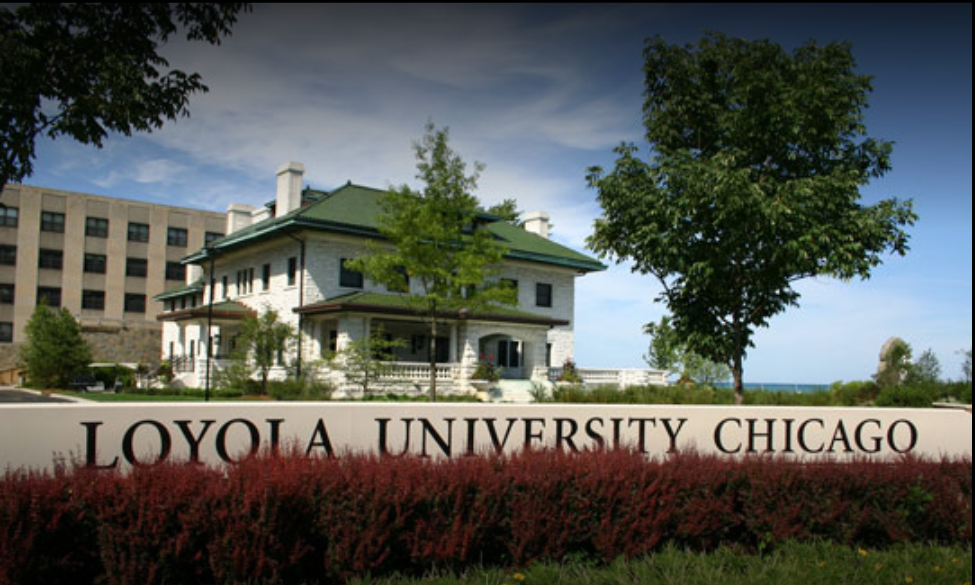Students of Loyola University Chicago say that it takes campus police too long to send out alerts when there is a crime nearby.
The Loyola Phoenix, the university’s official student newspaper, found that the school’s police force has sent seven emails this academic year notifying the community about crimes on or near campus. The Phoenix found that the average time between when a crime occurred and when emails are sent is more than five hours.
Students say they worry about being in danger if they aren’t aware of a threat for several hours.
“If something bad happens and they take that long to respond, then the chances of it happening to another student could be completely higher if they don’t take control of it soon enough,” said freshman Bekah Cates.
Data showed that Campus Safety took almost 21 hours to send a crime alert about an on-campus burglary in November. The student who was robbed was threatened and forced to give up their phone.
In September, Campus Safety took more than three hours to send an alert following an attempted armed robbery where two men approached a student with a gun.
Under the Clery Act, Campus Safety is required to publish all reported crimes on or near campus within two days of the incident, unless it impedes an ongoing investigation. Loyola must follow the Clery Act because it receives federal funding.
According to the law, campus officials are required to assess if there’s an “imminent threat” to the community in order to determine if a warning needs to be sent to students or staff.
Evangeline Politis, a Loyola spokesperson, said in a statement that the university’s police force meets the standards of the Clery Act.
“We strive to disseminate this information in both a factual and timely manner, meeting the standards stated in the Jeanne Clear Act,” she said. “The details of these incidents can be very fluid. Our goal is to share the most accurate messaging, which will, in turn, keep our community safe.”
Camryn Delacruz, a junior at Loyola, also mentioned that the notifications are many times undescriptive when they refer to a suspect.
“I think maybe a more accurate report would be helpful, but timing is important too, within less than three hours,” she said.
In 2017, The Phoenix found that police records weren’t always accurate, often times missing information in multiple cases.
In September, a student was beaten and robbed 0.3 miles from Loyola’s Lake Shore Campus and Campus Safety never sent a crime alert.













